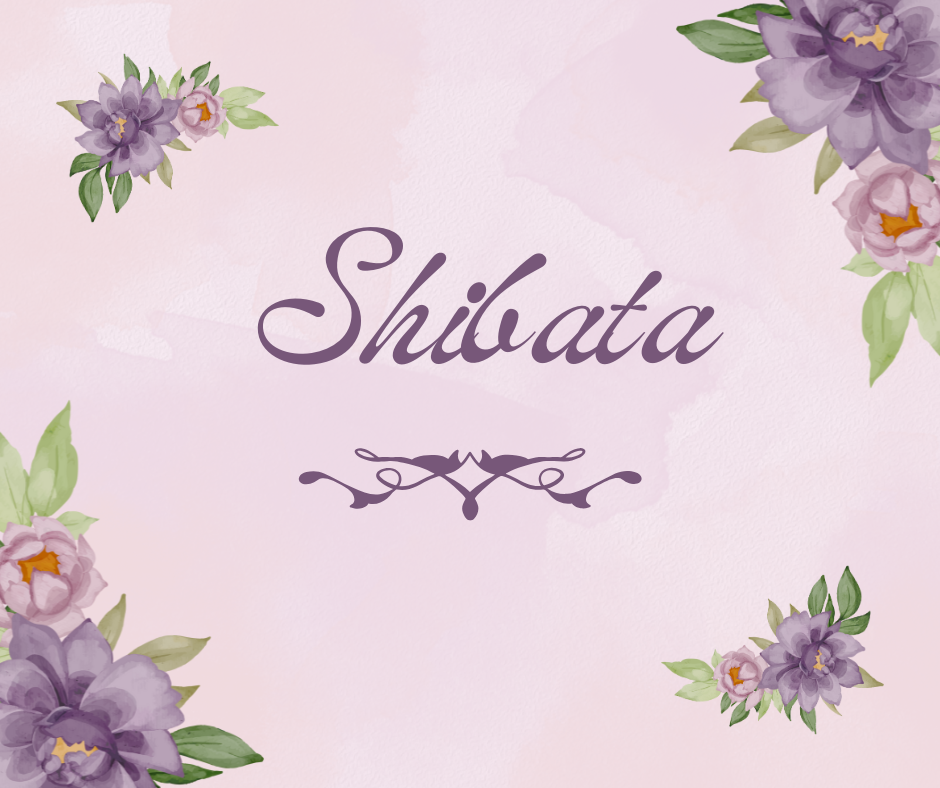
Shibata, a name deeply rooted in Japanese culture and history, carries with it a sense of tradition and heritage. As a surname, Shibata is relatively common in Japan, while its use as a given name is less frequent but not unheard of.
The origin of the name Shibata can be traced back to ancient Japan. It is a toponymic surname, meaning it’s derived from a place name. In this case, it likely originated from various locations in Japan named Shibata. The most notable of these is the city of Shibata in Niigata Prefecture, known for its beautiful cherry blossoms and historical castle.
The name Shibata is composed of two kanji characters: 柴 (shiba) and 田 (ta). The character 柴 (shiba) means “brushwood” or “firewood,” while 田 (ta) means “rice field” or “paddy.” Together, they could be interpreted as “brushwood field” or “firewood paddy,” possibly referring to the landscape of the original location.
In terms of popularity, Shibata ranks among the top 100 most common surnames in Japan. However, its use as a given name is less common. As with many Japanese names, the meaning can vary depending on the kanji characters used when written as a given name.
The inspiration behind the name Shibata, particularly as a surname, lies in its connection to place and nature. It evokes images of rural Japan, with its rice fields and wooded areas. For those of Japanese heritage, using this name can be a way to honor their roots and cultural identity.
As a name choice, Shibata offers a strong connection to Japanese culture. It might appeal to parents of Japanese descent looking to maintain a link to their heritage, or to those with a deep appreciation for Japanese culture. The name’s association with nature (brushwood and rice fields) could also make it attractive to parents drawn to names with natural meanings.
While primarily used as a surname, Shibata could potentially work as a given name, particularly as a middle name. It might be especially appealing for writers or artists looking for character names that evoke a specific cultural background or setting.
Notable bearers of the Shibata surname include Shibata Katsuie, a famous samurai who served Oda Nobunaga during Japan’s Sengoku period, and Shibata Zeshin, a lacquer artist and painter from the Edo period.
In Japanese culture, names often carry significant meaning and are chosen with care. The use of Shibata as a name reflects this tradition, carrying with it connotations of history, nature, and cultural identity.
For non-Japanese individuals considering this name, it’s important to approach its use with respect and understanding of its cultural significance. Proper pronunciation (she-bah-tah) and awareness of its meaning and origin are crucial in honoring the name’s heritage.
In conclusion, Shibata is a name rich in Japanese cultural heritage. Whether used as a surname or, less commonly, as a given name, it carries with it the legacy of ancient Japan and evocative imagery of rural landscapes. Its uniqueness outside of Japan and strong cultural associations make it an intriguing choice for those seeking a name with depth and character, particularly those with a connection to or appreciation for Japanese culture.




